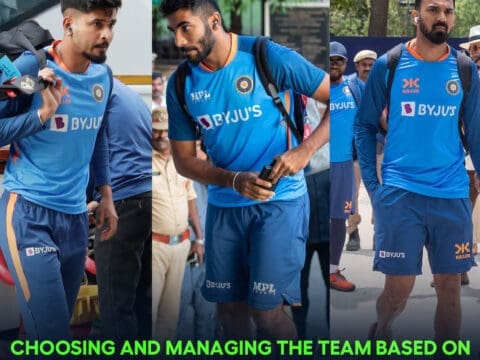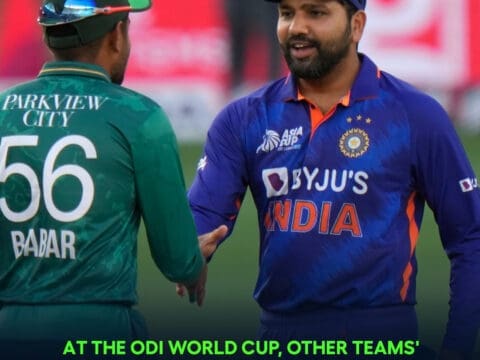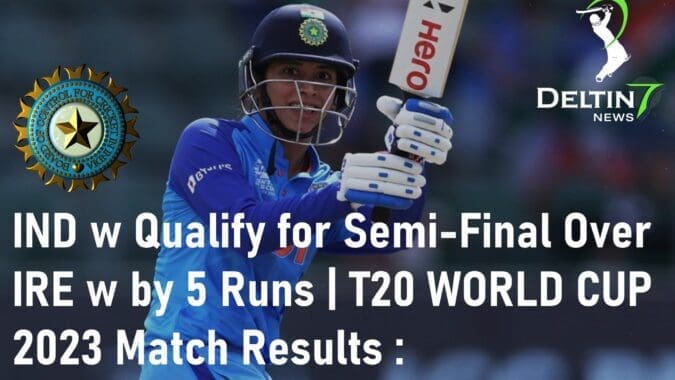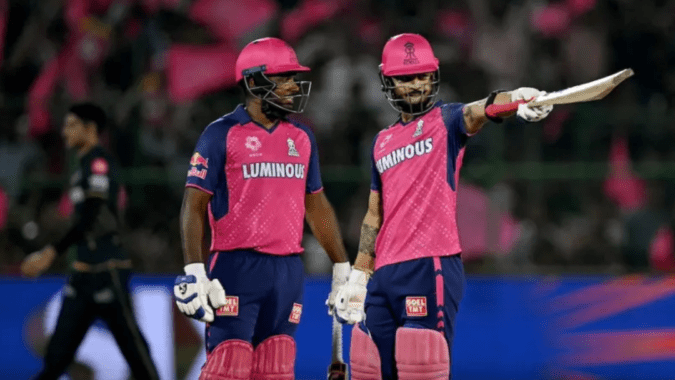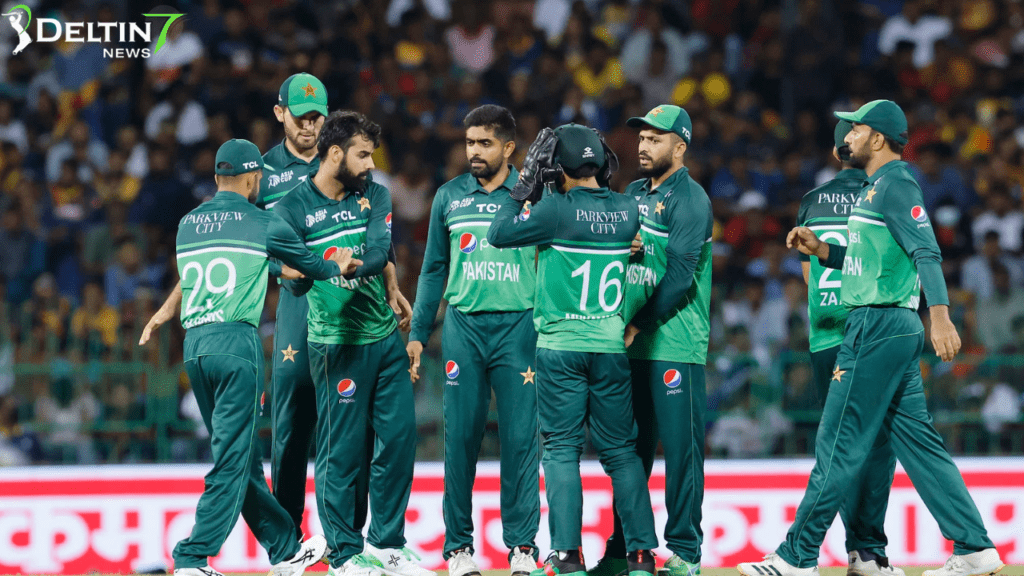
Visa Cliffhanger: Pakistan’s Rollercoaster Ride to the 2023 Cricket World Cup in India
Introduction
As the 2023 Cricket World Cup draws nearer, the global sporting stage has been captivated by an unforeseen and gripping narrative – Pakistan’s visa delay saga. With the tournament’s grand opener, featuring England and New Zealand, looming large, Pakistan found themselves entangled in a labyrinthine bureaucratic web that threatened to shatter their dreams of World Cup glory. In this comprehensive exploration, we embark on a riveting journey through the intricate tapestry of events that ultimately led to a high-stakes showdown involving Pakistan, the Indian government, the Pakistan Cricket Board (PCB), and the International Cricket Council (ICC).
In a plot thick with suspense and intrigue, we delve deep into the heart of this saga, where national pride, geopolitical tensions, and sporting ambition converge. Pakistan’s quest for visas to partake in the cricketing extravaganza becomes more than just a logistical hurdle; it transforms into a symbolic representation of the challenges faced by sports in a world marked by complexities and sensitivities.
As we navigate this absorbing narrative, we peel back the layers of bureaucracy, unravel the dynamics of diplomacy, and witness the indomitable spirit of athletes facing adversity. Join us on this captivating odyssey into the heart of Pakistan’s battle to secure their place in cricket’s grandest spectacle.
Act 1: The Unfolding Drama
Imagine the scene: The cricketing world is abuzz with anticipation as the World Cup countdown nears its crescendo. The fixture rescheduling is finally behind us, and all eyes are on the impending cricketing spectacle. However, an unforeseen obstacle emerges – visa delays for Pakistan’s cricketing heroes. The visas were granted only 48 hours before their scheduled departure to India, but not before a rollercoaster ride of emotions and frantic negotiations behind closed doors.
The Plot Thickens
On a fateful Friday, concerns surrounding Pakistan’s visas surfaced. Initially, the team had charted a course to the UAE for a vital team-building exercise before heading to India, just two days ahead of their World Cup warm-up match against New Zealand in Hyderabad. However, the visas remained trapped in bureaucratic limbo at the Indian High Commission, casting a shadow of uncertainty over the team’s plans. The shocking revelation was that visas had been issued to all other participating teams, leaving Pakistan feeling isolated and aggrieved.
Act 2: The Power Play
The PCB wasn’t willing to let this situation slide. They openly expressed their displeasure, directing their concerns towards India and the Board of Control for Cricket in India (BCCI). However, their hands were tied, and here’s why.
In early August, the Indian Home Ministry communicated to the BCCI, stipulating that “Security clearance of the Ministry of Home Affairs is required for the event (World Cup) only if there are foreign participants from the PRC countries i.e., Afghanistan, Iraq, Pakistan, Sudan, foreigners of Pakistani Origin, and Stateless persons.” Given the historically strained relations between India and Pakistan and both teams’ reluctance to travel to each other’s nations, obtaining these clearances was bound to be a painstakingly slow process.
Act 3: The Visa Odyssey
The visa saga was underpinned by a ticking clock. When exactly did Pakistan apply for their visas? Visa applications became available to all participating teams at the end of August. However, Pakistan encountered a unique hurdle. Their involvement in the Asia Cup, a tournament that necessitated frequent travel back and forth to Sri Lanka for league and Super Four matches, led them to request permission to submit visa applications without their passports. Regrettably, this request was denied, leaving them with no choice but to wait until the entire squad returned home to submit their passports.
It wasn’t until September 19 that both visa applications and passports were finally submitted. Nevertheless, days passed with no official updates, causing growing anxiety within the PCB. The turning point arrived on a fateful Monday when the visa issuance process gained momentum. This followed the PCB’s official communication with the ICC, conveying their concerns about the perceived lack of responsiveness. Remarkably, Pakistan received the green light for visa clearance within just one week, a delay that, considering the circumstances, was relatively minor.
Act 4: The Squad Announcement Conundrum
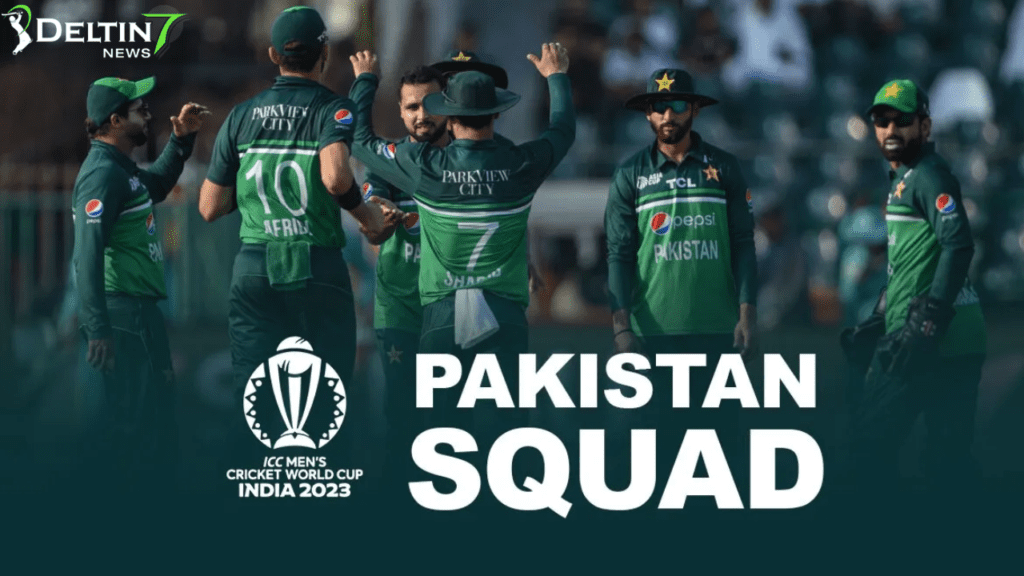
Could Pakistan’s belated squad announcement have been a factor in the visa delay? It seems unlikely, as the visa applications had already been submitted before the squad was unveiled on September 22. Essentially, the PCB was well aware of which players would constitute their World Cup lineup. Moreover, other teams announced their squads much later, yet none encountered any visa-related hiccups.
Conclusion: Unraveling the Mysteries
In retrospect, the visa delay that cast a shadow over Pakistan’s journey to the 2023 Cricket World Cup can be primarily attributed to two key factors: the intricate nature of the Asia Cup and the ongoing tensions between India and Pakistan. Had the entire tournament been hosted in Pakistan, thus negating the need for continuous travel to Sri Lanka, visa applications might have been submitted on schedule. Furthermore, improved diplomatic relations between the two nations could have facilitated a smoother workflow.
The cricketing universe watched with bated breath as this dramatic visa saga unfolded, reminding us that in the realm of sports, politics and bureaucracy can sometimes wield considerable influence. As the teams gear up for the World Cup, Pakistan’s tumultuous journey serves as a poignant reminder of the challenges and intricacies that can cast a shadow even over the most celebrated sporting events.


